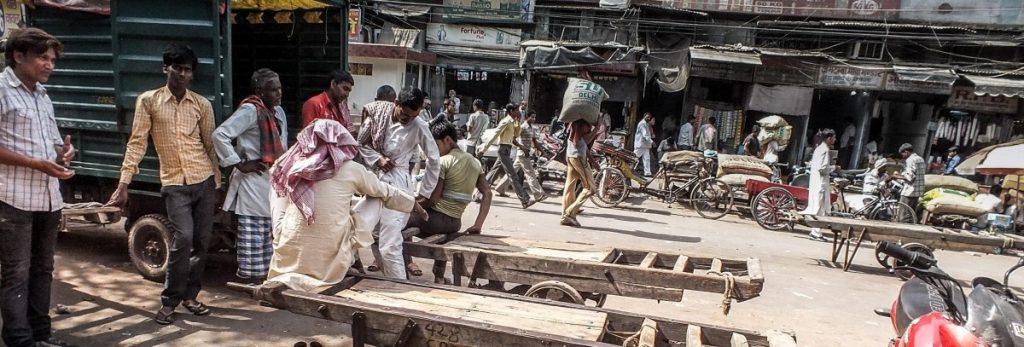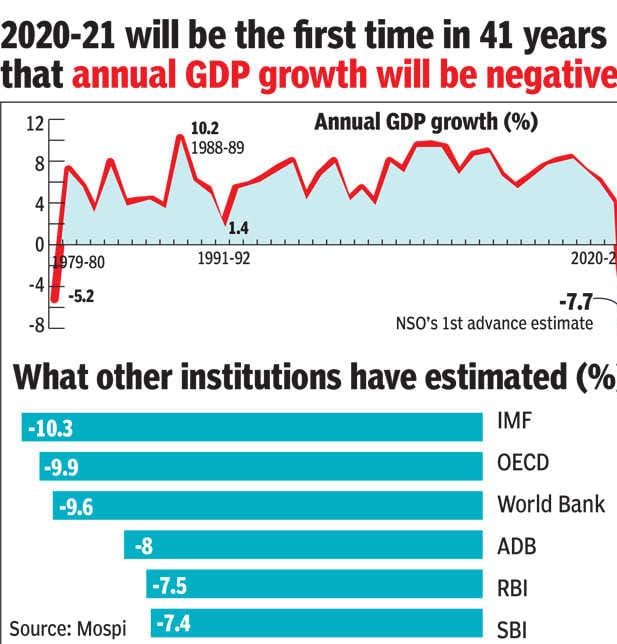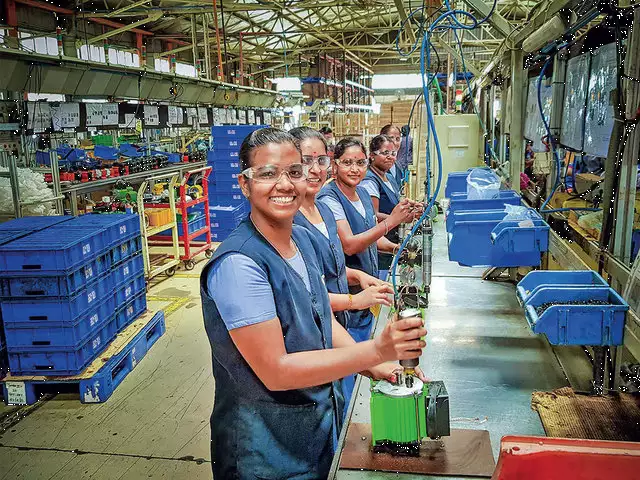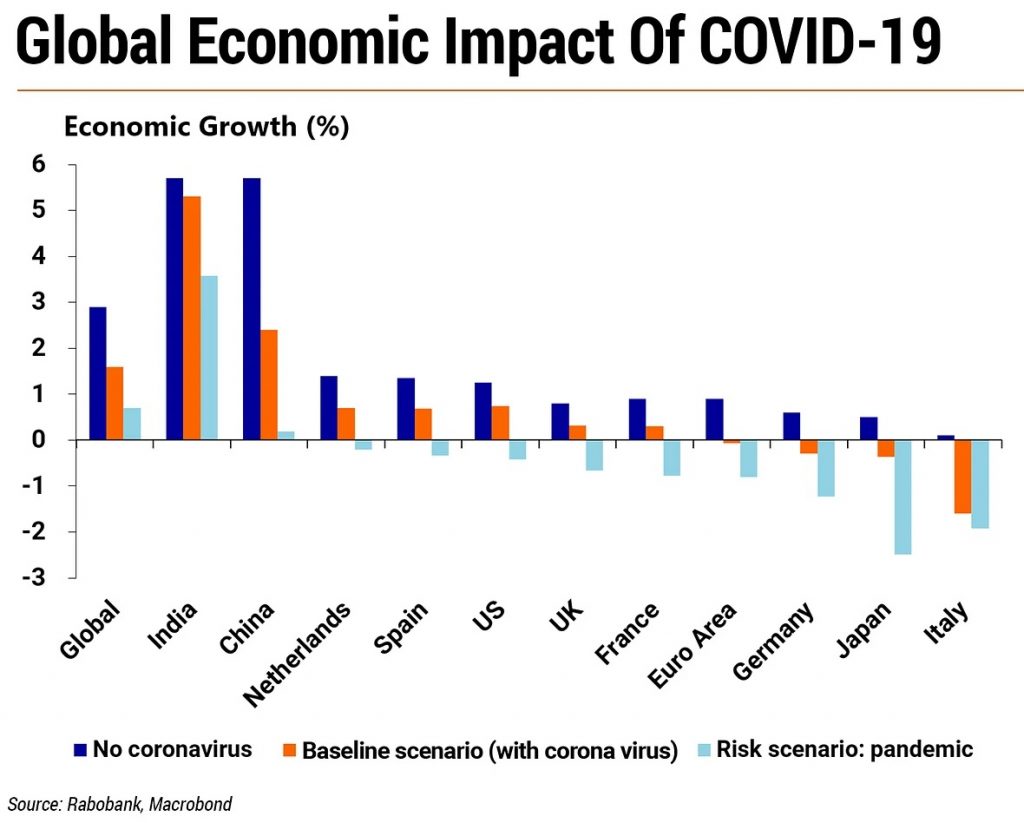Along with all economic measures, people must proactively participate in the rebuilding of the nation.

COVID has been undoubtedly the biggest tragedy of the present century. In a century where mass shootings, terrorism and climate disaster have been rampant, the huge impact of Covid on our society is quite telling . Although it is difficult to exactly quantify its complete harm, its effect can be felt throughout its path which has led to severe humanitarian crises. Though the cost of lives lost cannot be measured, the impact of Covid on economies of the world and its impact on the day to day life of the people can be measured with certain accuracy.
During March last year when countries were observing a rise in Covid numbers, many were reluctant to impose a lockdown. The UK even went so far as to announce they would go in the path of developing herd immunity rather than lock down, showing confidence in their health infrastructure. The United States of America too was reluctant to close down the country with the President himself downplaying the severity of the pandemic. Both their predictions were soon proved wrong with many people losing their lives for the mistakes of their governments. The main reason for the hesitation of imposing lockdowns in both these countries and many others is the economy. They knew the economic impact of the lockdown would be severe.
Lives over Livelihood
India on the other hand proclaimed that the value of life is second to none. This was conveyed in the speech of the prime minister where he said “Jaan hai to Jahan Hai” (If you are alive then the world is for you). Although this was a noble thought and the right thing to do, it wasn’t without costs. India sacrificed short-term economic aspirations to save lives and the long-term impact of its choice. India decided to impose a complete lockdown. Though the strict imposition of lock down reduced the death toll and the sufferings of the people, it came with a cost on the economic front.

Many daily workers who had migrated to several parts of the country suddenly found themselves out of work. Poised with an uncertain future, with no means of income and little savings in their bank account, they started to travel back to their native places with the little money they had. Many small shops and ‘kiranas’, which are vital in the supply chain and calculated their earnings on a day-to-day basis, shut down as they were unable to maintain their businesses. Many salaried employees were laid off because of their losses in small businesses.
India sacrificed short-term economic aspirations to save lives. Though the strict imposition of lock down reduced the death toll and the sufferings of the people, it came with a cost on the economic front.
This was the deadly blow to the lower middle class and the middle class families which were just coming out of poverty with big aspirations and hopes. Although the deferment of payment of loans option was provided by the government it fully couldn’t mitigate the effect of Covid on MSMEs (Medium Small Micro Enterprises). The thriving informal sector which gave employment to more than 80% of the working population were knocked down to their knees with their employees finding themselves out of work and at the mercy of the ration provided by the government and various NGOs. This resulted in the contraction of GDP of around twenty five percent in the first quarter of 2020 financial year.
Interestingly, the IT industry came out relatively scot-free as they started implementing work-from-home for their employees, which enabled them to continue their services without much problems. Hotels and restaurants with their food delivery mechanisms managed to remain afloat. Government initiatives like Direct Benefit Transfer (DBT) of money into the account of the people to increase the spending power and free public distribution system of necessary food items reduced the burden on the already distressed population. Along with these and the subsequent gradual unlocking of the country, GDP improved finally with 7% shrinkage for the full financial year. Many economists suggest that along with Covid, the shrinkage of GDP may also be due to the increased savings by the people because of the uncertain times.
The psychological impact and the trauma due to the deaths compounds the suffering more. The impact of Covid on education of the children who will become the future workforce is the lesser said the better.
The loss of lives during the ongoing second wave and the first is very unfortunate. The amount of human resource and the contribution that they could have made is certainly incalculable. The psychological impact and the trauma due to the deaths compounds the suffering more. The impact of Covid on education of the children who will become the future workforce is the lesser said the better.
Path to Recovery

Still an aspirational country has to move on bearing the burden of the present. The first step in recovering the economy is vaccination. The key to return to normal lifestyle and build the economy is vaccinating the population as much as possible and as quickly as possible. India must increase the line of credit to the vaccine pharmaceutical companies to increase their capacity of vaccine output. It can also negotiate with these companies to partner with small MSMEs with necessary infrastructure and capacity by sharing the vaccine formula to increase availability of vaccines for shared profits.
The stay on recently passed farm acts must be lifted and implemented as soon as possible which will radically open up many of the bottlenecks still plaguing the agricultural sector. This sector which provides employment to more than 50% of the population is in dire need of reforms to escape the age-old problems and flourish. Agriculture must be made a profitable venture for more investments and innovations. Reskilling of the excess labour force present in the sector will help the economy drastically.
The stay on recently passed farm acts must be lifted and implemented as soon as possible which will radically open up many of the bottlenecks still plaguing the agricultural sector.
Instead of giving easy money to the people which may increase inflation, the government must concentrate on spending on capital expenditure which will be helpful in the long run. This problem also opens the door for the government to start skilling the youth which will not only increase their chances of employment but also the entrepreneurial atmosphere which generates employment among them. Government must provide the MSMEs, which is one of major providers of employment, with a line of credit to those who made losses due to the Covid pandemic and to help them get back on their feet.

There are many archaic laws still in force in the country. This has also been recommended by many committees for the growth of the nation. This not only impedes businesses but also gives ammunition to many corrupt officials to harass them for their private gains. It also dampens the forces of the market who invest which is vital to the rebuilding of the economy. For example, it is set to be required to take around 20 to 25 clearances to open a small shop legitimately in a metropolitan city such as Bengaluru. This crisis can be viewed as an opportunity to make a way with all these laws to improve the ease of doing business.
Along with all these measures, people must proactively participate in the rebuilding of the nation. The lessons learnt during these times must be reviewed and a comprehensive set of protocols to follow must be prepared in case of any future pandemics.
Shreyas has an M.Sc. in Psychology and serves in NIMHANS. He writes regularly on politics, society, international affairs and technology. Views expressed are the author’s own and do not necessarily reflect the views of SamvadaWorld or its staff.
